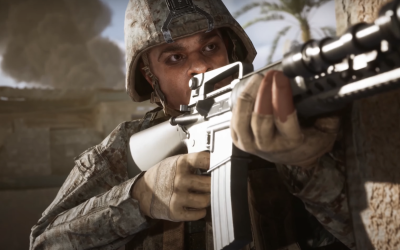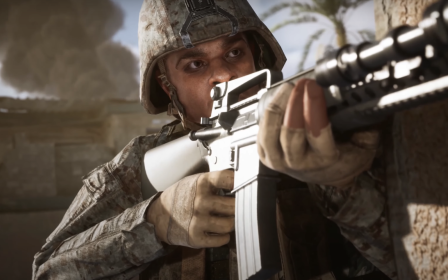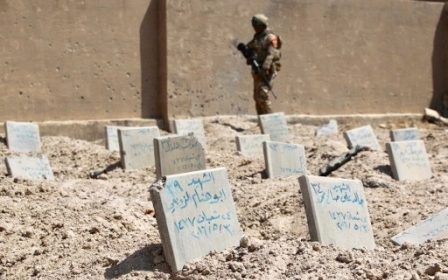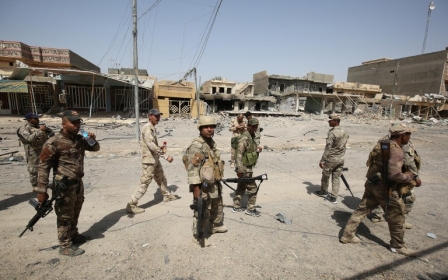US names assault ship after Iraq battle that killed hundreds of Iraqi civilians
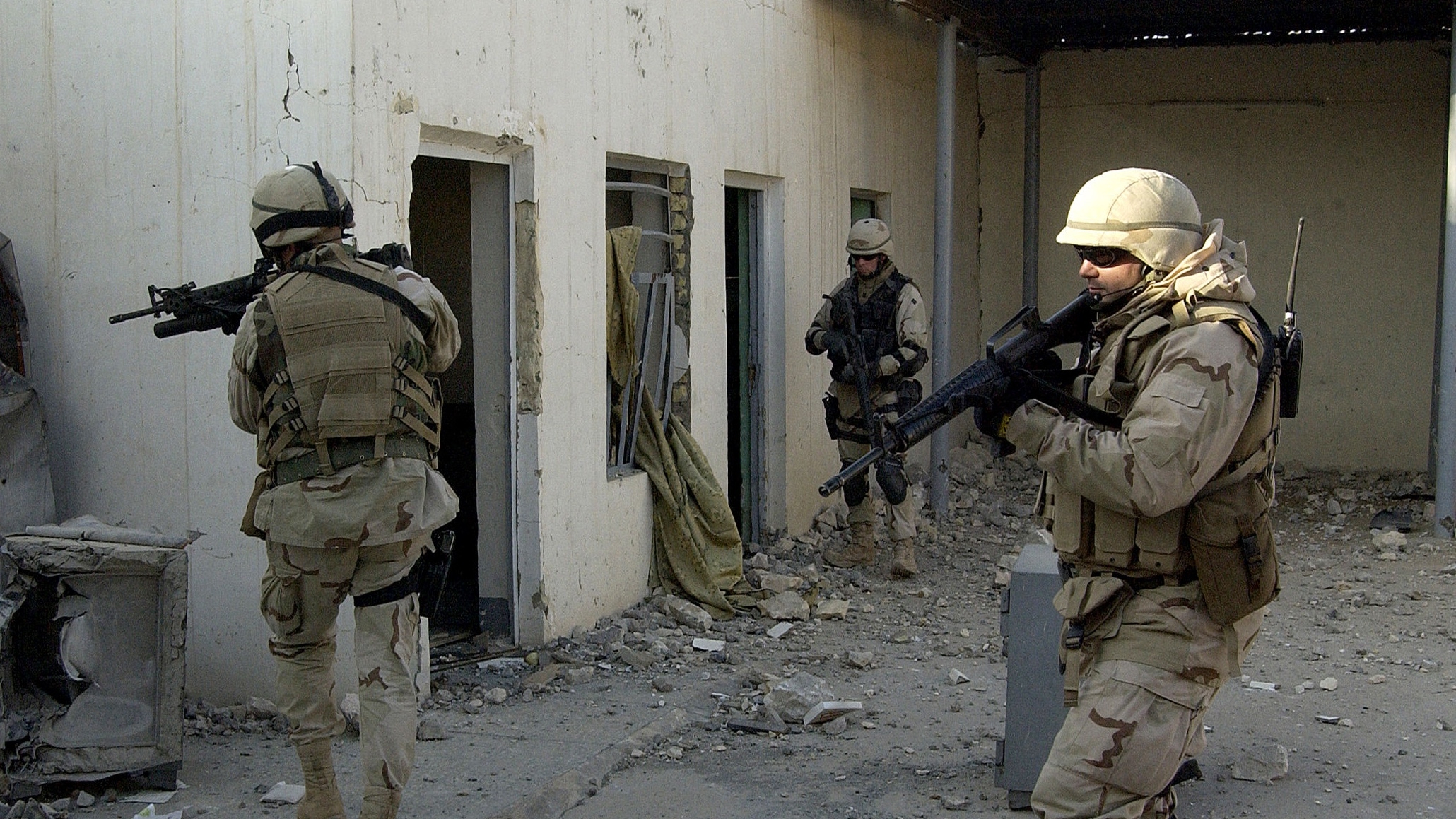
The US Navy is naming a future helicopter assault ship the USS Fallujah, after two of the bloodiest battles of the Iraq War which saw heavy civilian and US casualties.
The first battle in and around the Iraqi city was fought in April 2004 when US forces launched an effort to kill or capture militants who were believed to be responsible for the death of US contractors. The second battle was fought by US and British troops in November 2004 to fully capture the city from militants.
US forces suffered their heaviest losses of the Iraq war in Fallujah - 27 US troops were killed in the first campaign and 82 died during the second attempt to take full control of the city.
The civilian casualties were staggering. The US-led coalition conducted a devastating bombing campaign of the city before their second attack, forcing some 300,000 civilians to flee.
Between 30,000 and 40,000 civilians remained trapped in the city during the assault, living through what the Red Cross at the time called a "catastrophic" humanitarian situation.
Immediately after the battle, the Red Cross claimed that some 800 Iraqi civilians were killed in the fighting. It later accused the US of using white phosphorus as a weapon to defeat the militants.
To this day, babies born in Fallujah have suffered disproportionately high levels of birth defects, including congenital heart disease, gastroschisis (where the digestive system is found outside the baby's body), and Spina Bifida.
Although the causes are numerous, one of the most documented reasons for the birth defects has been the lingering impact of uranium in the local environment, a remnant of the US bombardment, as well as previous conflicts, including the 1991 Gulf War.
The US Navy said the name is meant to commemorate the US forces who died in the battle.
"Under extraordinary odds, the Marines prevailed against a determined enemy who enjoyed all the advantages of defending in an urban area," General David Berger, commandant of the US Marine Corps said in a statement.
"The Battle of Fallujah is, and will remain, imprinted in the minds of all Marines and serves as a reminder to our Nation, and its foes, why our Marines call themselves the world’s finest."
Middle East Eye delivers independent and unrivalled coverage and analysis of the Middle East, North Africa and beyond. To learn more about republishing this content and the associated fees, please fill out this form. More about MEE can be found here.


